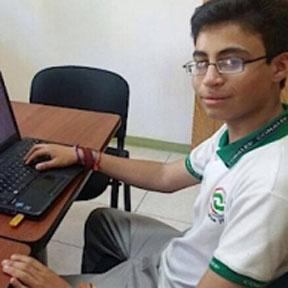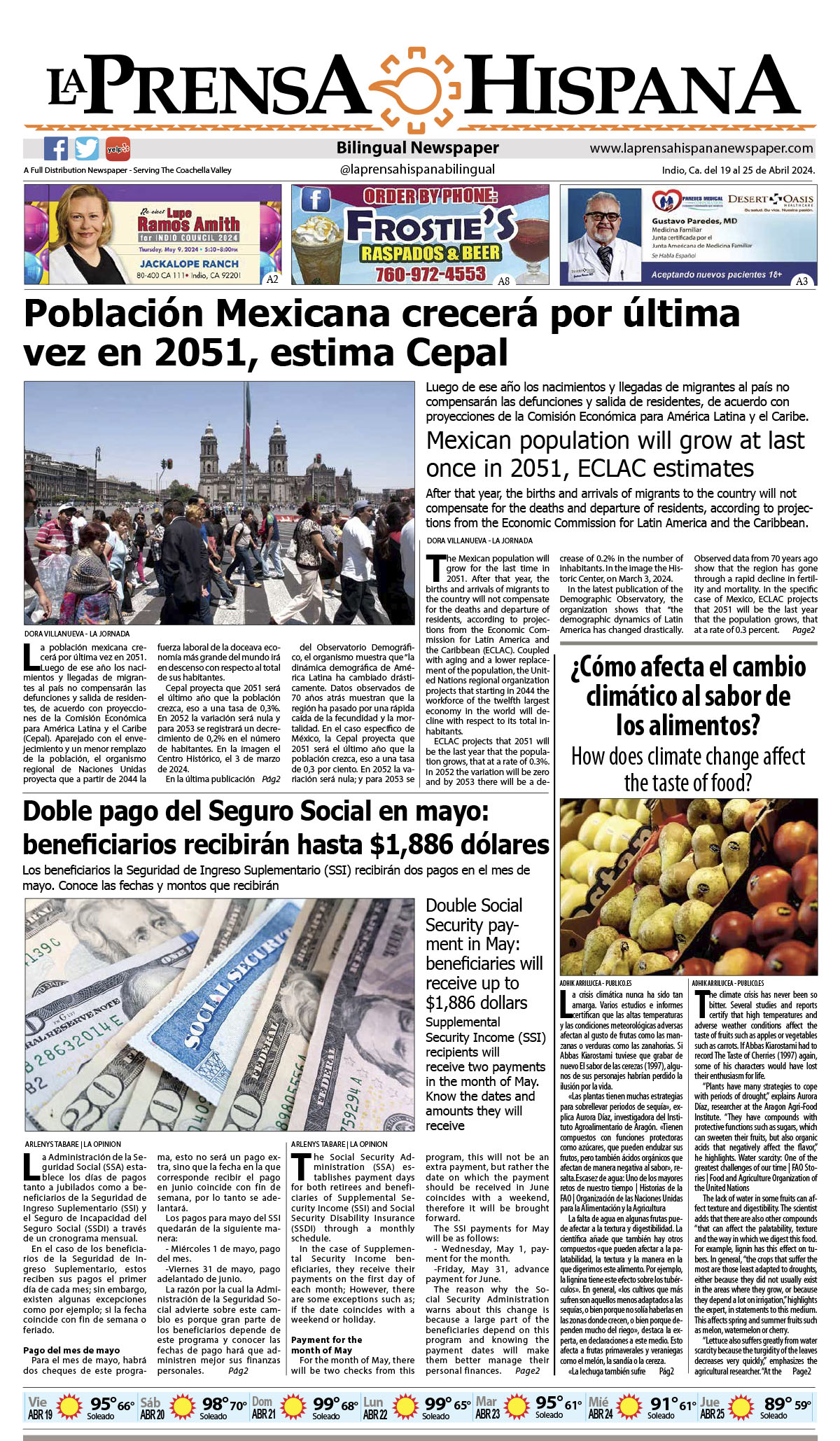
¿Es Real la Realidad?
Is Reality Realidad?
En un mundo imperfecto como el nuestro la fantasía funciona como un equilibrador emocional para pensar un mundo mejor y batallar por construirlo. Pero todo exceso es malo. Una nueva corriente lucha ahora por convencernos de que la fantasía es la única realidad.
Ya en 1992 el futurólogo Hans Moravec escribía en su ensayo “Cerdos en el ciberespacio” que “el momento que estamos experimentando ahora puede ser en realidad un evento mental que nunca ocurrió físicamente”. Una idea radical que Nick Bostrom, el filósofo de Oxford, repite en mayo de 2001: “casi con toda seguridad estamos viviendo en una simulación computacional”. En otras palabras: la realidad no es real.
Pero Moravec y Bostrom no están solos en esta fiebre de fantasitis. El escritor mexicano Joselo Rangel se pregunta: “si podemos crear un mundo [de fantasías tecnológicas], ¿no estaremos ya viviendo en él?” A lo que Óscar de la Borbolla, filósofo también mexicano, añade: “¿Por qué lo real tendría que ser como lo concebimos y parecerse a nuestro modo de pensar?” Richard Morgan, escritor británico, propone entonces desechar la idea de realidad: “La realidad es tan flexible que es difícil determinar quién está desconectado de ella. Podríamos incluso decir que es una distinción no muy útil”.
El problema es que las raras ideas de este singular club de fantasifans no se han quedado en cuatro paredes. Desde el año 1999 están buscando masificar agresivamente sus ideas, induciéndonos por diversos medios a dudar de la realidad.
1999 fue, por ejemplo, el año del lanzamiento de la película “Matrix”, cuya trama gira en torno a la idea de que vivimos en un mundo digital creyendo que es la realidad. Se lanzó también este año la película animada “Dragon Quest. Your Story”, donde el protagonista se sumerge en un juego infantil y se convence tanto de su realidad que llega a decir: “Este mundo es tan real como el otro sólo que ustedes no lo entienden”. Así que ya tenemos fantasitis simplificada para adultos y niños.
Recientemente, la Revista Muy Interesante (agosto 2019), sacó un artículo titulado “Dudar de la realidad” y otro en marzo 2020 aún más directo: “¿Es real lo que vemos?”
Algo va quedando claro: hay gente interesada en hacernos creer que la realidad no es real, o inclusive, que la fantasía es la nueva realidad. Probablemente porque saben que si dejamos de creer en la realidad, ellos podrán adueñarse de ella.
In an imperfect world like ours, fantasy works as an emotional balancer to think of a better world and struggle to build it. But all excess is bad. A new current now struggles to convince us that fantasy is the only reality.
As early as 1992 the futurologist Hans Moravec wrote in his essay “Pigs in Cyberspace” that “the moment we are experiencing now may actually be a mental event that never physically occurred.” A radical idea that Nick Bostrom, the Oxford philosopher, repeated in May 2001: “almost certainly we are living in a computer simulation.” In other words: reality is not real.
But Moravec and Bostrom are not alone in this fever of fantasitis. Mexican writer Joselo Rangel wonders: “If we can create a world [of technological fantasies], aren’t we already living in it?” To which Óscar de la Borbolla, also a Mexican philosopher, adds: “Why should the real thing be as we conceive it and resemble our way of thinking?” Richard Morgan, a British writer, then proposes to discard the idea of reality: “Reality is so flexible that it is difficult to determine who is disconnected from it. We could even say that it is a not particularly useful distinction.
“The problem is that the rare ideas of this unique club of fantasyfans have not been left on four walls. Since 1999 they have been seeking to aggressively massify their ideas, inducing us by various means to doubt reality.
1999 was, for example, the year of the release of the movie “Matrix”, whose plot revolves around the idea that we live in a digital world believing that it is reality. The animated film “Dragon Quest. Your Story” was also released this year, where the protagonist immerses himself in a children’s game and is so convinced of his reality that he says: “This world is as real as the other, only you don’t get it. “ So, we already have simplified fantasitis for adults and children.
Recently, the magazine called Very Interesting (August 2019), published an article titled “Doubting reality” and another one in March 2020 even more direct: “Is what we see real?”
Something is becoming clear: there are people interested in making us believe that reality is not real, or even that fantasy is the new reality. Probably because they know that if we stop believing in reality, they will be able to take possession of it.

























